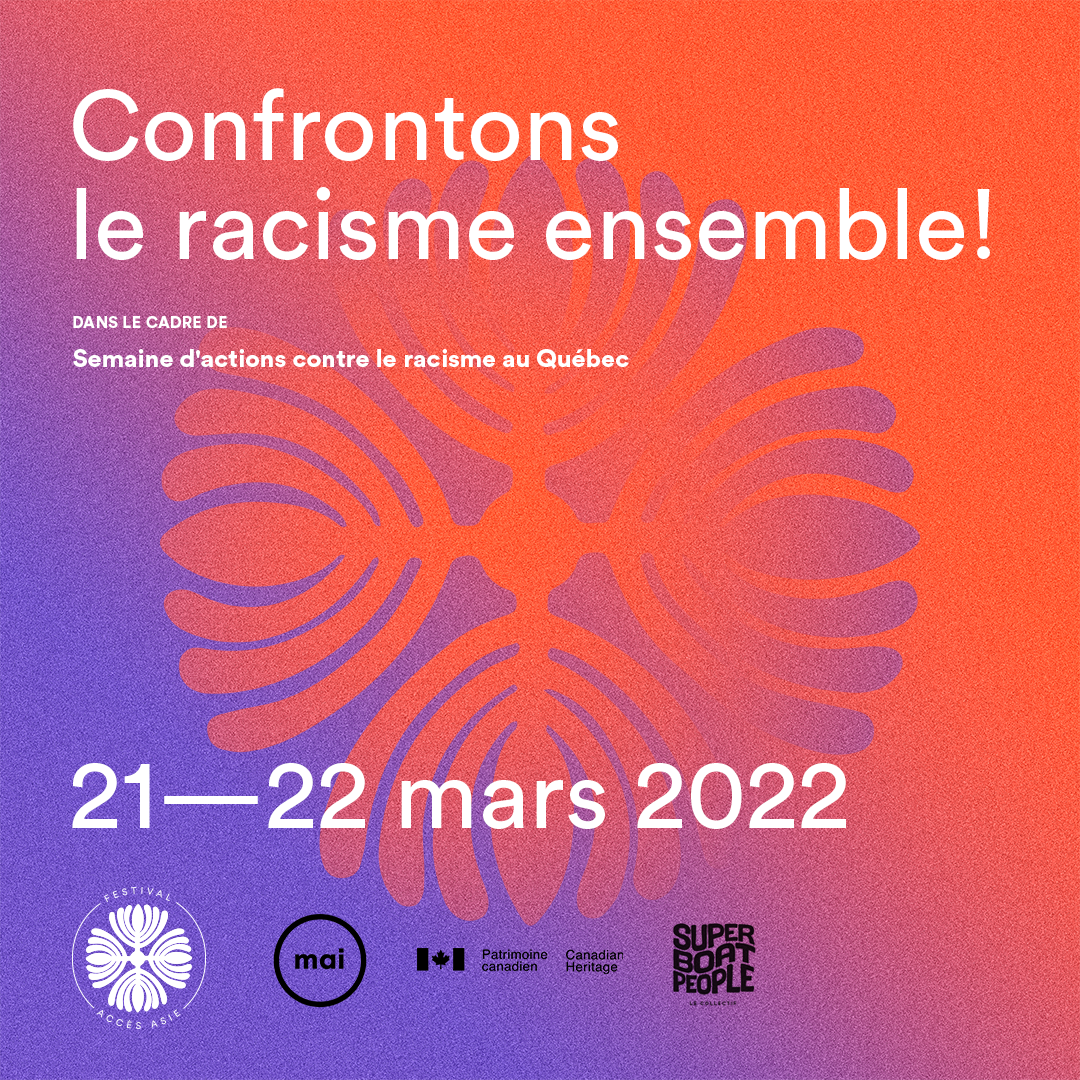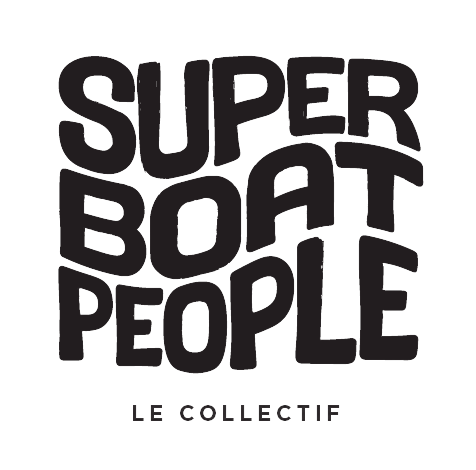Let’s confront racism together!
The Festival Accès Asie, in collaboration with the Super Boat People Collective, invites you to “Let’s confront racism together!”, two days of activities focused on sharing and raising awareness about the experiences of BIPOC (Black, Indigenous and people of colour) communities, including systemic racism issues.
For this first edition of the anti-racism component of Festival Accès Asie, the activities will take place on March 21 and 22, 2022 at MAI (Montréal, arts interculturels), and will consist of three round tables as well as a closing show. Each round table will address a specific subject, namely, systemic racism in Quebec, anti-Asian racism in the context of the pandemic, and the importance of individual stories and narratives in the fight against discrimination.
5 P.M.: Round Table — The Importance of Individual Stories and Narratives in the Fight Against Discrimination
How does sharing our experiences help promote a sense of membership and continuity of a group through time? How does this sharing allow for stories historically made invisible to be disseminated, official histories to be disputed, and inherent clichés and stereotypes to be challenged? What do we mean by re-appropriating our own stories and narratives? In the course of this round table, we will try to answer these questions and understand the importance of our individual stories in the fight against discrimination. These stories and narratives also open a window into other facets of these complex lived realities, such as migratory journeys and the past and present representations of racialized communities in the public space. Each participant will have a few minutes to present their practice, followed by a Q&A period with the audience. This first round table will be followed by a 30-minute break before we begin the next round table.
Places are limited! Please book your seats here.
Moderator
Rémy Chhem, researcher and co-founder of the Super Boat People Collective
Participants
Taïna Mueth, co-founder of I am Montreal and artist
Laura Nhem, host and co-creator of the Imperfect Asian podcast
Ky Vy Le Duc, director
Joaquina Pires, social development consultant and community activist
Justice Rutikara, filmmaker
7 P.M.: Round Table — Anti-Asian Racism and the Pandemic: An Assessment
Racism against Asian communities was revealed during the COVID-19 pandemic, as we witnessed the drastic rise of hate crimes and bigoted acts. These incidents have severely affected members of these communities in Quebec, notably with regard to their physical integrity, mental health, and sense of belonging to Quebec and Canadian societies. As a result, these events have stimulated the emergence of citizen initiatives aiming to fight against discrimination and promote mutual aid. This mobilization culminated with the protest against anti-Asian racism in March 2021, during which thousands of people marched in the streets of Montreal in solidarity with Asian communities. On the occasion of the first-year anniversary of this protest, what assessment can we make and what lessons have we learnt from these initiatives? What is next for Asian activism in Quebec? Each participant will have a few minutes to share their thoughts, followed by a discussion with the audience.
Places are limited! Please book your seats here.
Moderator
Parker Mah, community worker
Participants
Julie Tran, administrator of the Groupe d’entraide contre le racisme envers les Asiatiques
May Chiu, lawyer specialized in family law and mediator
Viet Tran, founder and editor in chief of Sticky Rice Magazine
Diamond Yao, journalist
Rebecca Ng
5 P.M.: Round Table — Systemic Racism in Quebec
This round table will focus on systemic racism in Quebec, in which two generations of immigrants of various origins as well as an Indigenous artist will discuss how systemic racism affects racialized people differently in the province. The goal of this meeting is to create bridges between different generations of immigrants, indigenous peoples, and diverse cultural communities, and allow varied perspectives on racism to be shared. How do the lived experiences of racism differ and echo each other depending on the person, generation, and origin? What possible solutions do we have to put a halt to this insidious discrimination? This bilingual round table will be followed by a cocktail and a musical performance to wrap up the event.
Places are limited! Please book your seats here.
Moderator
Himmat Singh Shinhat, multidisciplinary artist
Participants
Zab Maboungou, dancer, choreographer and director of Compagnie Danse Nyata Nyata
Rahul Varma, artistic director of the Teesri Duniya Theatre
Fo Niemi, executive director of the Centre for Research-Action on Race Relations (CRARR)
André-Anne Côté, anthropologist
Laëtitia Vu, international relations consultant for the Ministère des Relations internationales et de la Francophonie du Québec (MRIF)
Melissa Girvan, singer and songwriter
7 P.M.: Musical Performance by Melissa Girvan
Closing this first edition of “Let’s confront racism together!” will be Mi’kmaq singer and songwriter, Melissa Girvan, with a special performance showcasing her unique voice and guitar style.
Rémy Chhem
Rémy Chhem is a social sciences researcher of Cambodian origin. He specializes in natural resources governance and management. In his free time, Rémy acts as researcher and organizer for Asian communities in Montreal. He recently co-founded the Super Boat People Collective, whose mission is to advocate for the histories and lived realities of Indo-Chinese communities through a renewed perspective.
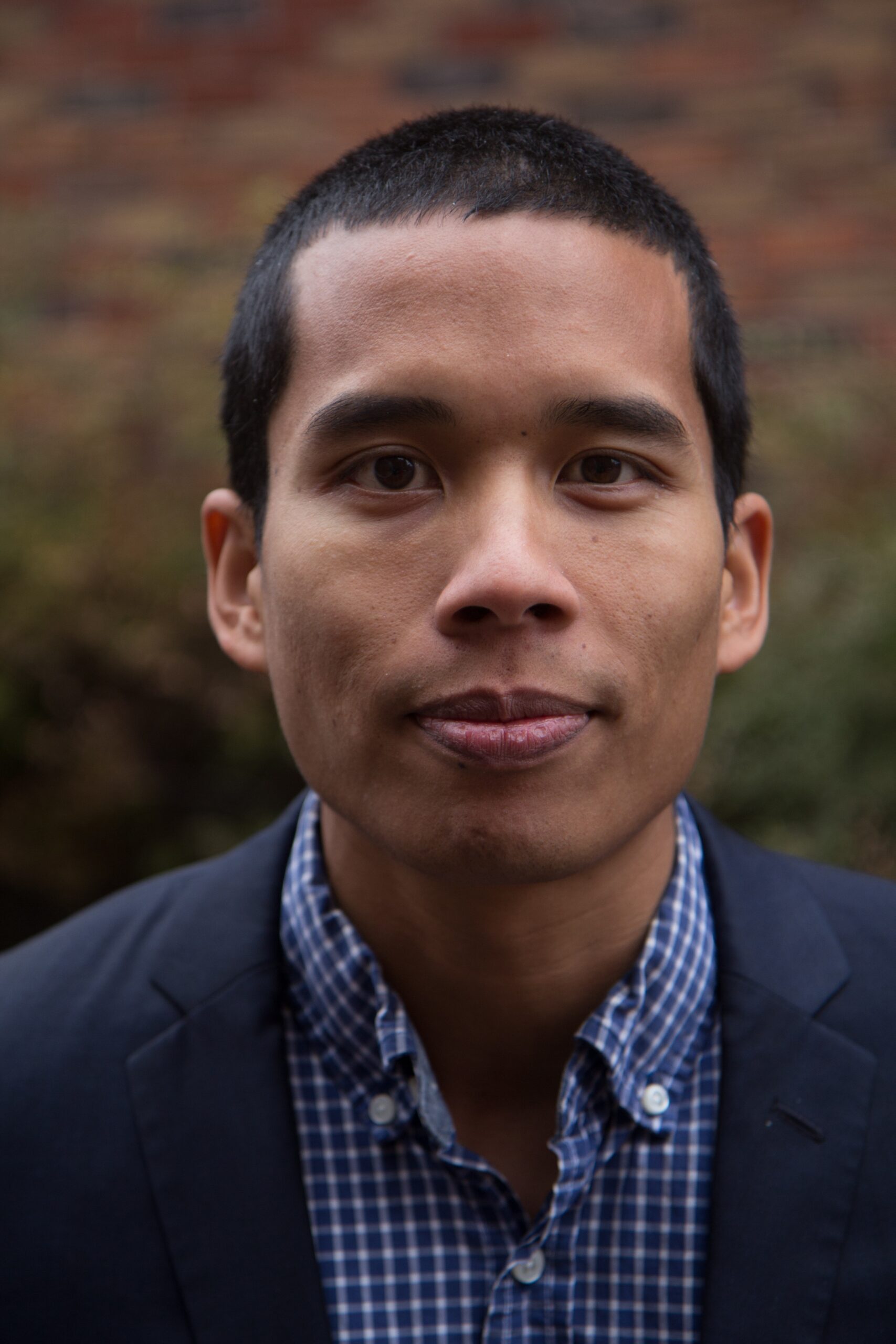
Parker Mah
Parker Mah is a fourth-generation Chinese man of Toishanese descent, based in Tio’tia:ke. Parker being a multimedia artist, musician, and DJ, his varied works deal with different themes and realities, such as migration, hybridization and identity. He also participates actively in many cultural and activist spaces as a curator, moderator, trainer and community organizer.
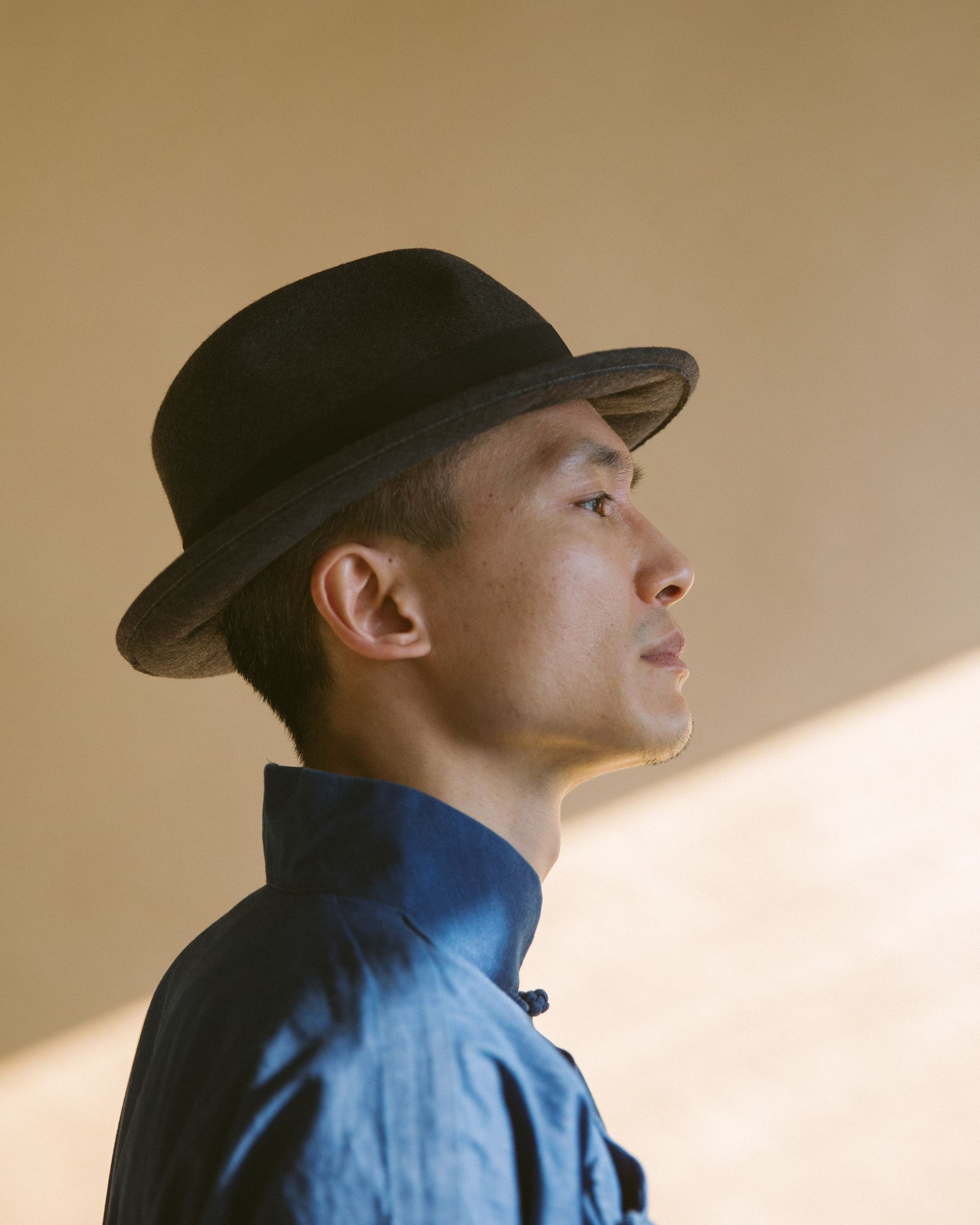
Himmat Singh Shinhat
Himmat is a composer, a professional musician and an interdisciplinary artist of Indian ancestry. His compositions have been used in solo performances, soundtracks for theatre, film, contemporary dance and performance art. Notably, his work has been featured on the CBC national television show “Adrienne Clarkson Presents” as part of the television premiere of “Burning Skin”, a dance performance by choreographer Roger Sinha. His contemporary musical pieces constitute a fusion of his influences and the tensions between them. His work is informed by his education in western classical music; the Sikh religious music, Bollywood soundtracks, Indian classical and folk music that would play in his childhood home; and contemporary popular music.
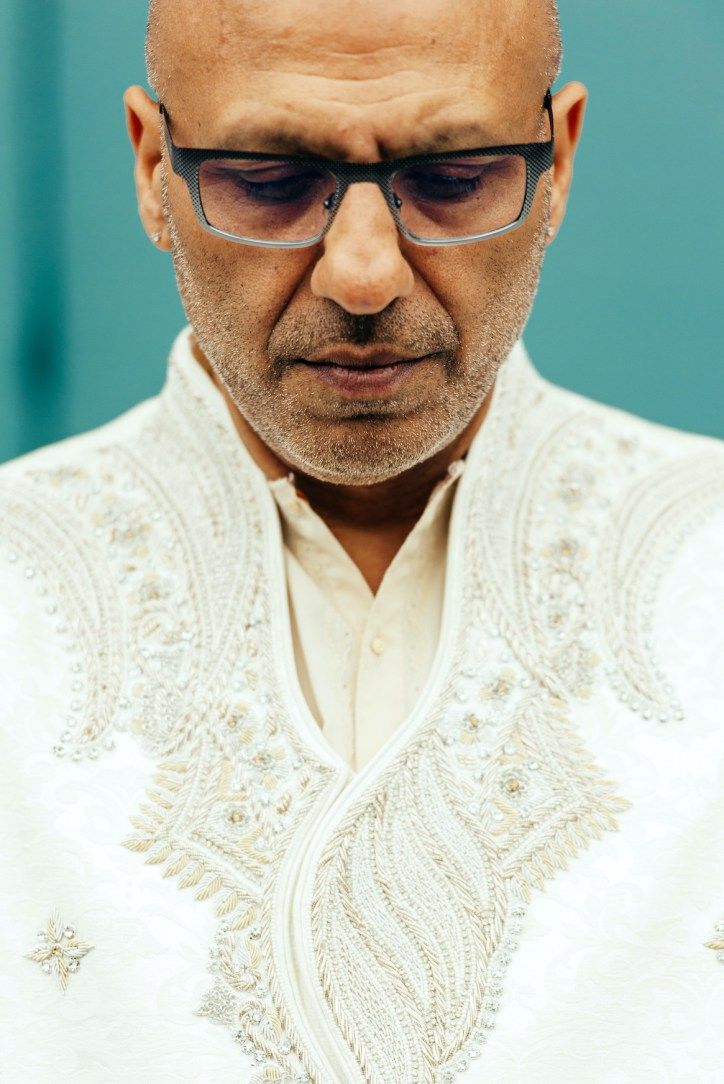
May Chiu
Me Sau May Chiu is a family mediator who has exclusively practised family law since 2008. A member of the Barreau du Québec since 1996, she has previously worked as an immigration lawyer and has cumulated great experiences in community and intercultural spaces, especially in the integration and anti-discrimination sectors. She holds a bachelor’s degree in Arts as well as a bachelor’s degree in Law.
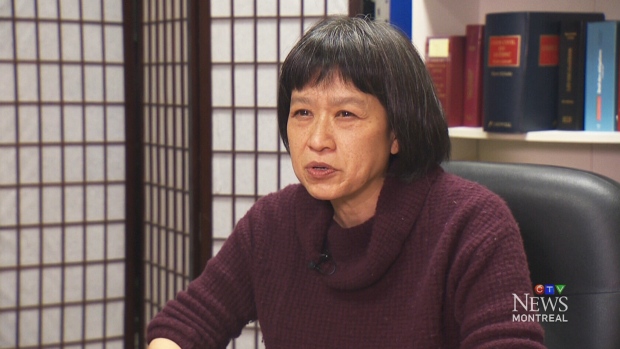
André-Anne Côté
Born in Nanchang, China in 1995, André-Anne Côté/Chen Xinhua is a Sino-Canadian adoptee living in Tiohtià:ke/Montreal. A graduate in anthropology at Laval University and in international relations at Peking University, she is currently pursuing a second master’s degree in literary studies at the University of Quebec in Montreal. Inspired by autoethnography, her research-creation project focuses on the identity issues of the Chinese diaspora. Her texts have been published by Le Crachoir de Flaubert, Moebius, Le Devoir, the Huffington Post, NüVoices, and Inkstone. André-Anne lectures on anti-Asian racism and the rights of international adoptees. She is involved with L’Hybridé (an organization for adoptees in Quebec province), the Asian Coalition for a Relève Émancipatrice (CARÉ), and in the Directory of Asian artists in Quebec at the invitation of the artist and curator Claudia Chan Tak.
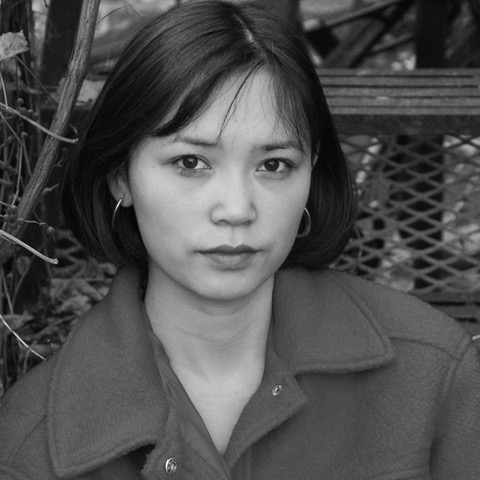
Melissa Girvan
Melissa Girvan is a Mi’gmaq singer/songwriter who was born and raised along the gaspesian coast in Listuguj, Quebec and Campbellton, New Brunswick. Her unique guitar style and beautiful voice speak stories of love, life, and everything in between. Melissa is currently building on an extensive repertoire of original material and also sharing her talents with a new band – The Triculturals. Their band is a representation of the Mi’gmaq, English and French cultures of the Gaspe Coast and reflects the passion they have for the area. Headlining shows have helped Melissa gain some great experience and growth and with a growing fanbase, you can be sure that you’ll be hearing more and more from this developing artist.

Ky Vy Le Duc
A Québécois of Vietnamese origin, Ky Vy Le Duc has been working as a video director for 15 years. His recent works include the series “Briser le Code : Le lexique” and “Décoloniser l’histoire”. He has worked as a director for Rad (Radio-Canada) as well as in the publicity sector, with agencies such as Sid Lee. Ky Vy is currently preparing a documentary on the issue of utilitarian immigration in Quebec.
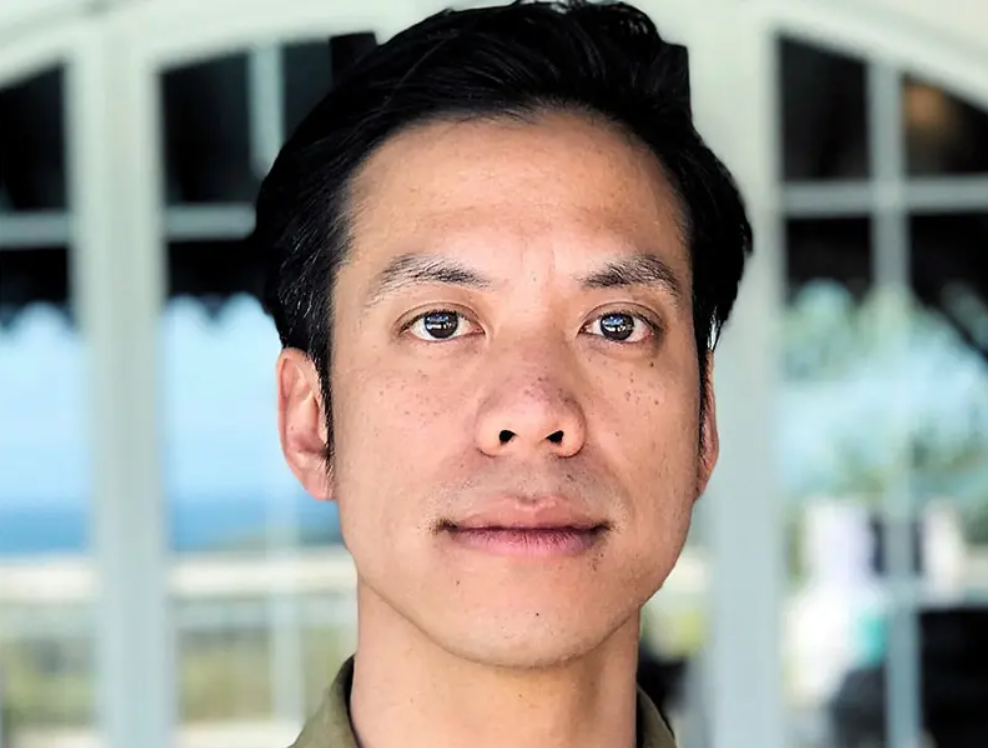
Zab Maboungou
Founder of the renowned Zab Maboungou / Danse Nyata Nyata Company, artist-choreographer and performer, philosophy professor and author, Zab Maboungou has distinguished herself on all fronts of artistic and cultural action. Through her works and involvement in artistic and cultural development, she has managed to translate and implant another presence and another focus for the imagination. Her original technique of movement, called lokéto, is now a model of its kind. She has followed a unique path, reflective of her esthetic which yields a great poetic force. Among the multiple accolades she has received throughout her career, Zab Maboungou is a Companion of the Ordre des arts et des lettres du Québec. She has also been awarded the Governor General’s Performing Arts Award.
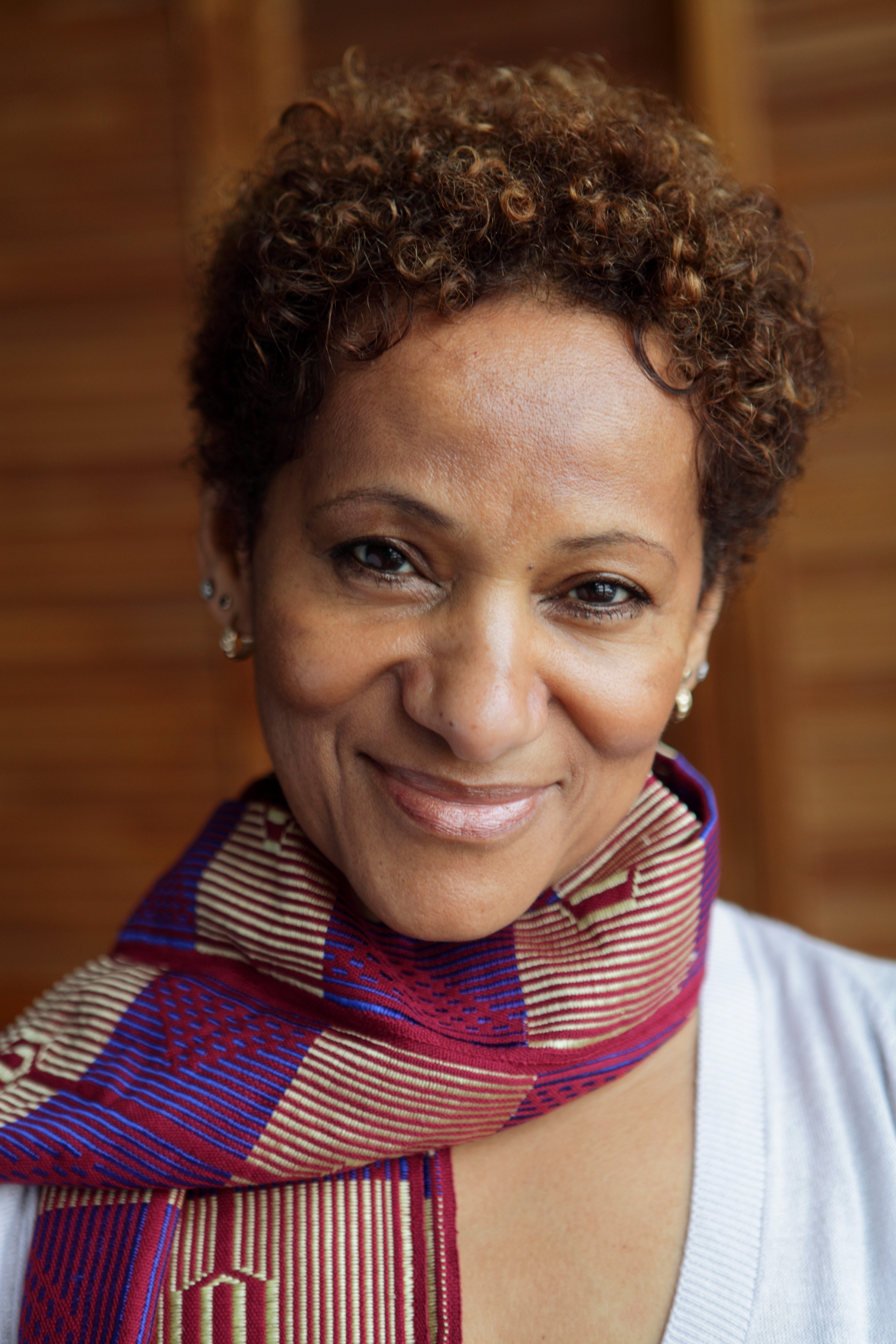
Taïna Mueth
Taïna Mueth is the co-founder of I am Montreal and a self-taught artist, whose creative strength lies in collaging, researching, storytelling and community organizing. She is based in Montreal and is of Haitian as well as Cameroonian descents. She considers herself a modern griot – a teller of forgotten stories.

Laura Nhem
Laura Nhem was born and raised in Montreal, and is of Cambodian descent. She has been working as a set designer for 10 years in the film and television industry. She is interested in the ways by which society creates emotional intelligence, the complexity of relationships as well as what makes us human. The Imperfect Asian podcast, created in 2020, was a means for her to explore these interests during a time when the world was going through an existential upheaval.
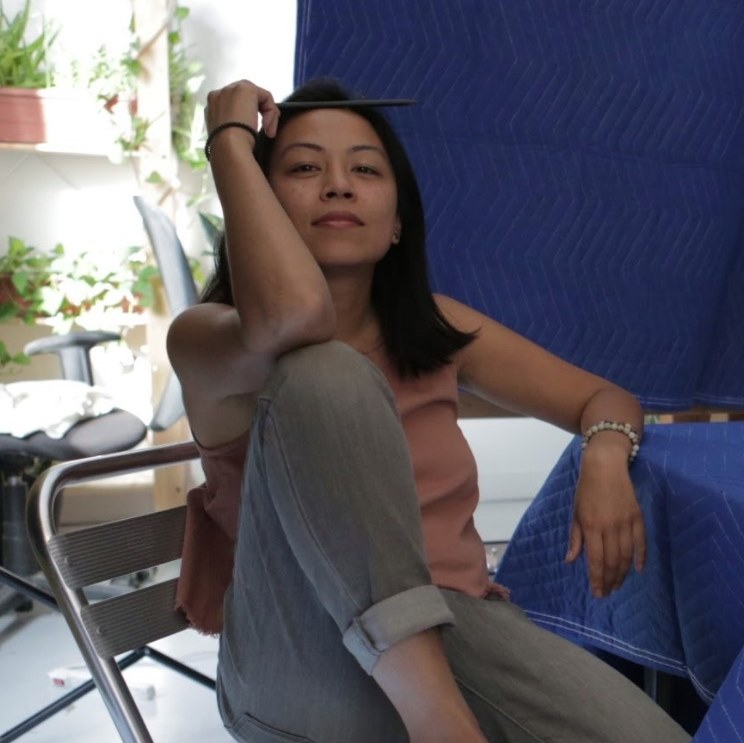
Fo Niemi
Fo Niemi is the executive director of the Montreal-based Center for Research-Action on Race Relations (CRARR). Over the years, he has also held numerous part-time positions, including the Chair of the Montreal Urban Community Transit Corporation’s Complaints Examination Committee and Commissioner with the Quebec Human Rights Commission. He also served as a member of advisory committees on diversity of the Canadian Association of Chiefs of Police and the RCMP; the Board of directors of the Canadian Race Relations Foundation; the Canadian Broadcast Standards Council and the Quebec Government’s Task Force on Racial Profiling. His major accolades include the Prix de la justice du Québec and the Human Rights Award of the Lord Redding Society. He also participated in three official state missions on minority rights in the United States and Europe.
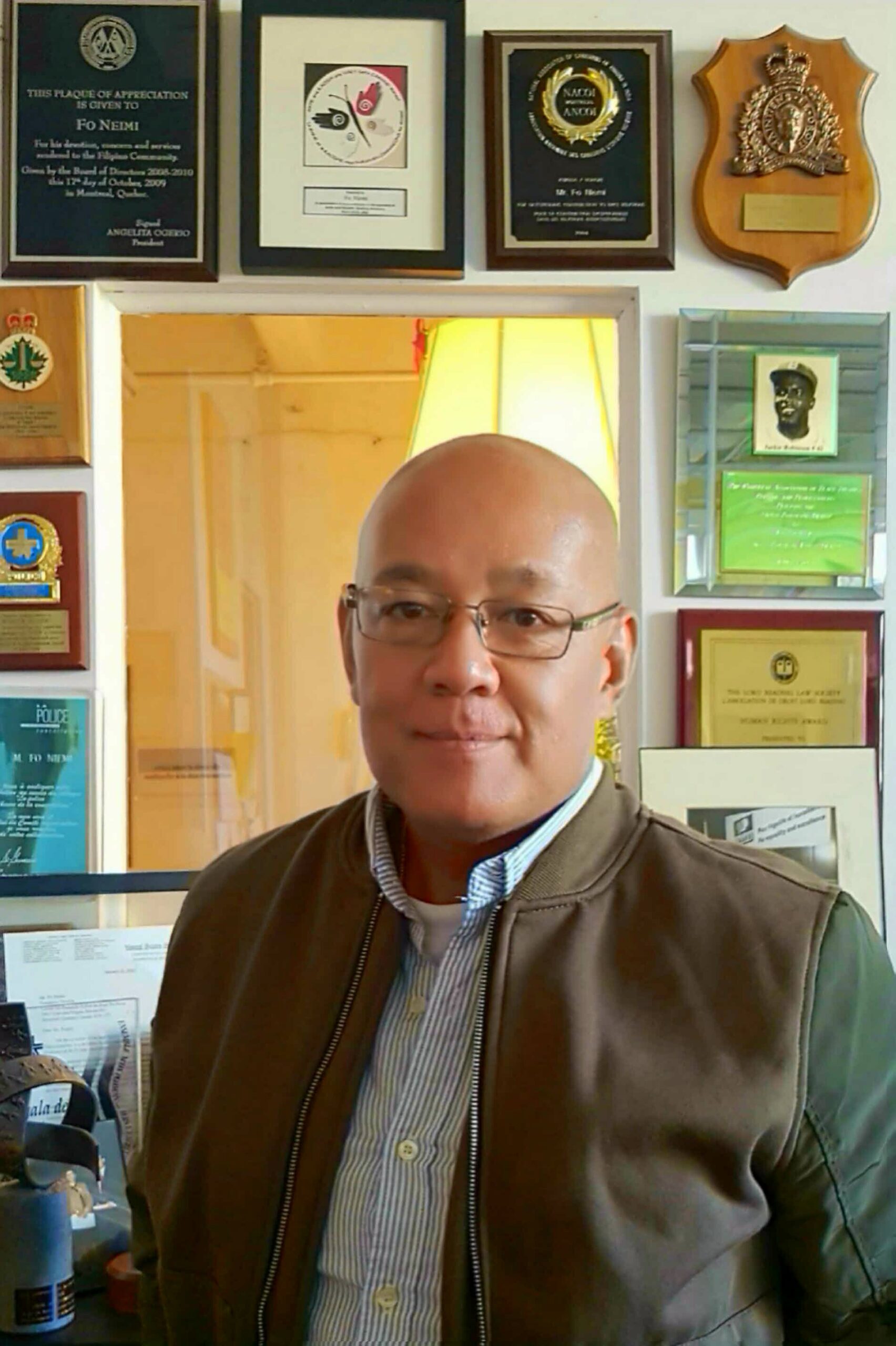
Joaquina Pires
Joaquina Pires is a Montrealer of Portuguese origin, trained in sociolinguistics. She first worked as an organizer and trainer for women and immigrant community groups. She then joined the first team of professionals at the City of Montreal’s Bureau interculturel as an intercultural relations consultant, where she worked until her retirement. Alongside her career, she has documented her community through oral history projects and museum exhibitions, notably in collaboration with the Centre d’histoire de Montréal, now known as the Centre des mémoires montréalaises.
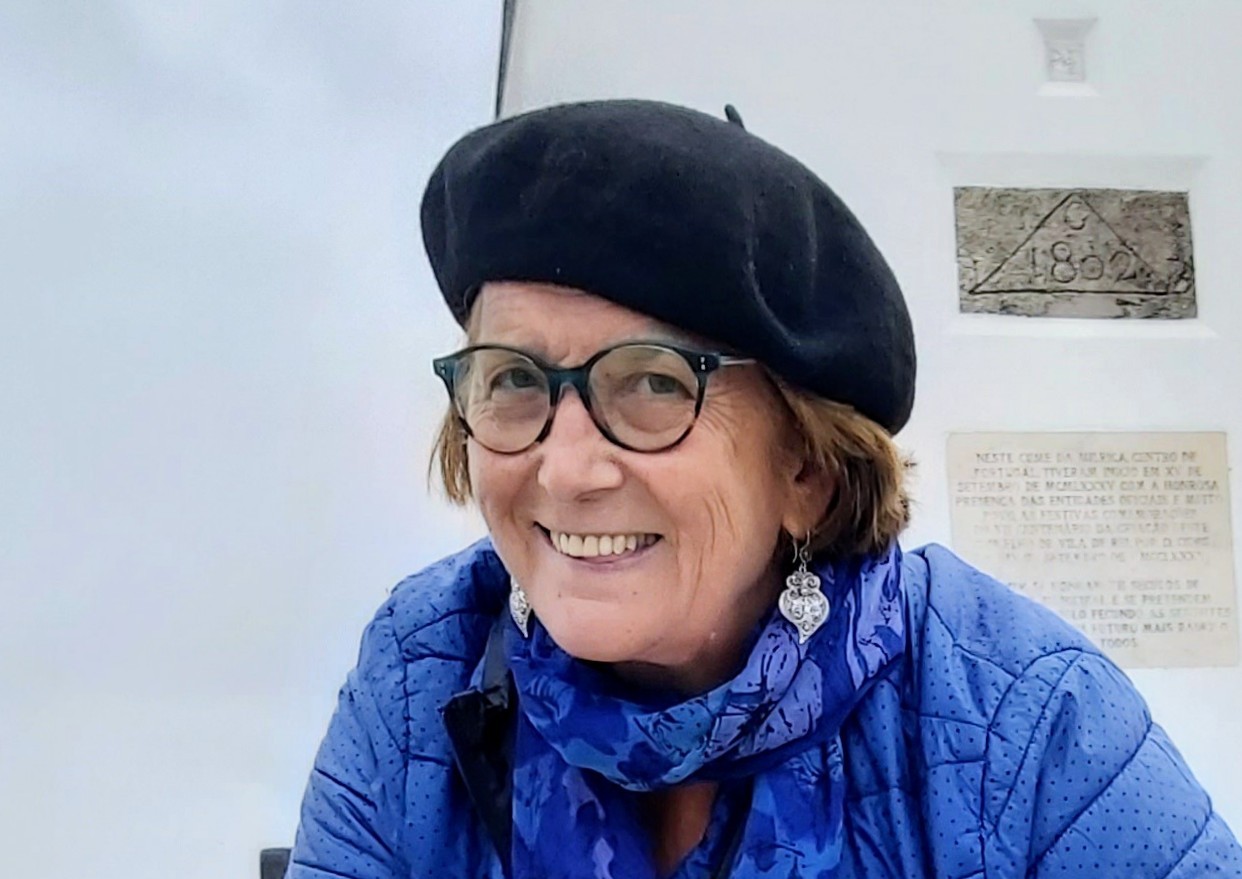
Justice Rutikara
Justice Rutikara was born in Rwanda and grew up in Quebec City. He graduated from the international studies program at the University of Montreal, and then opted to get involved in the writing and production of cinematographic works. He directed the documentary “La cité des autres” (2021) and is currently developing his first animated documentary, “Au 7e jour”, about his parents’ history during their exodus from Rwanda. His works have been awarded multiple prizes, such as the Gémeaux de la relève in 2021.
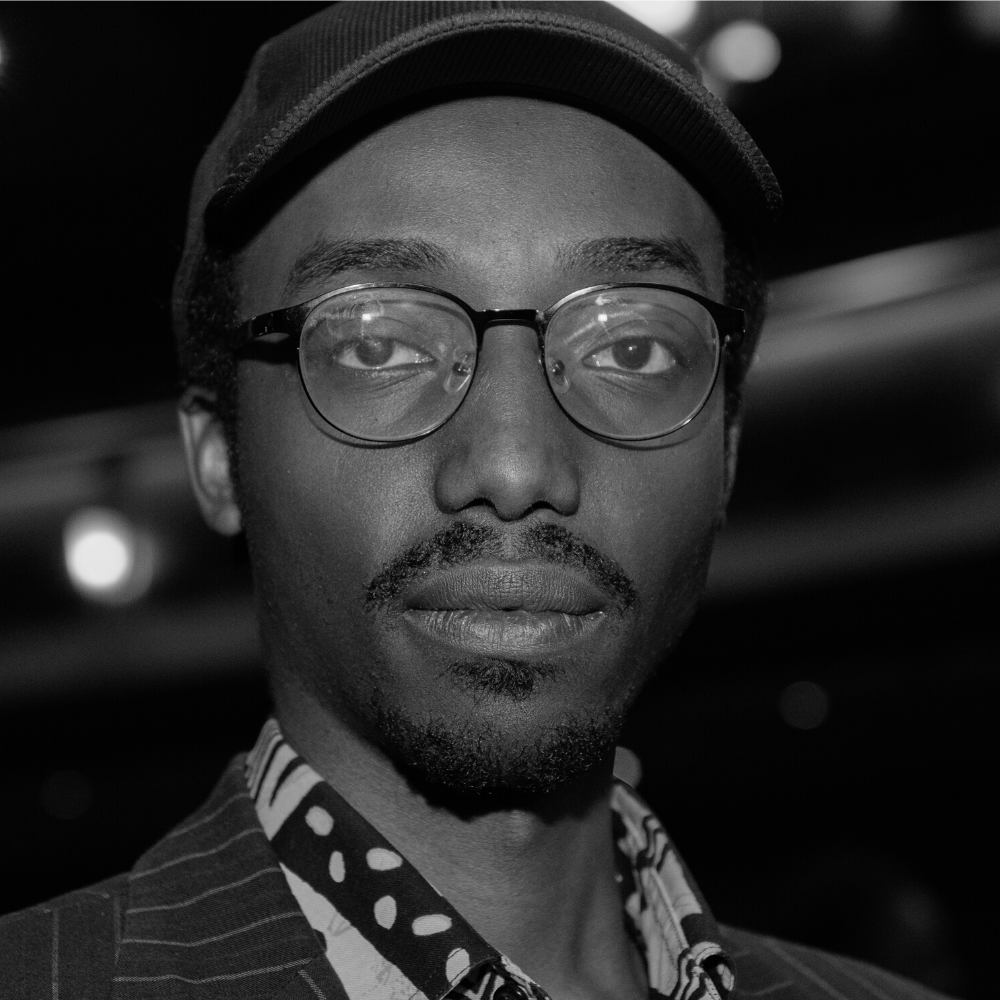
Julie Tran
Julie Tran holds a master’s degree in Social Services from the University of Ottawa. As a young feminist, anti-racism activist, Julie has spoken out against systemic racism on multiple high-audience media outlets to shine light on this issue. Her research examines, among other things, the issue of discrimination against Asian women through an intersectional and decolonial feminist lens. Julie is currently project manager for the “HoodStop les violences sexuelles” project in the Hoodstock organization.
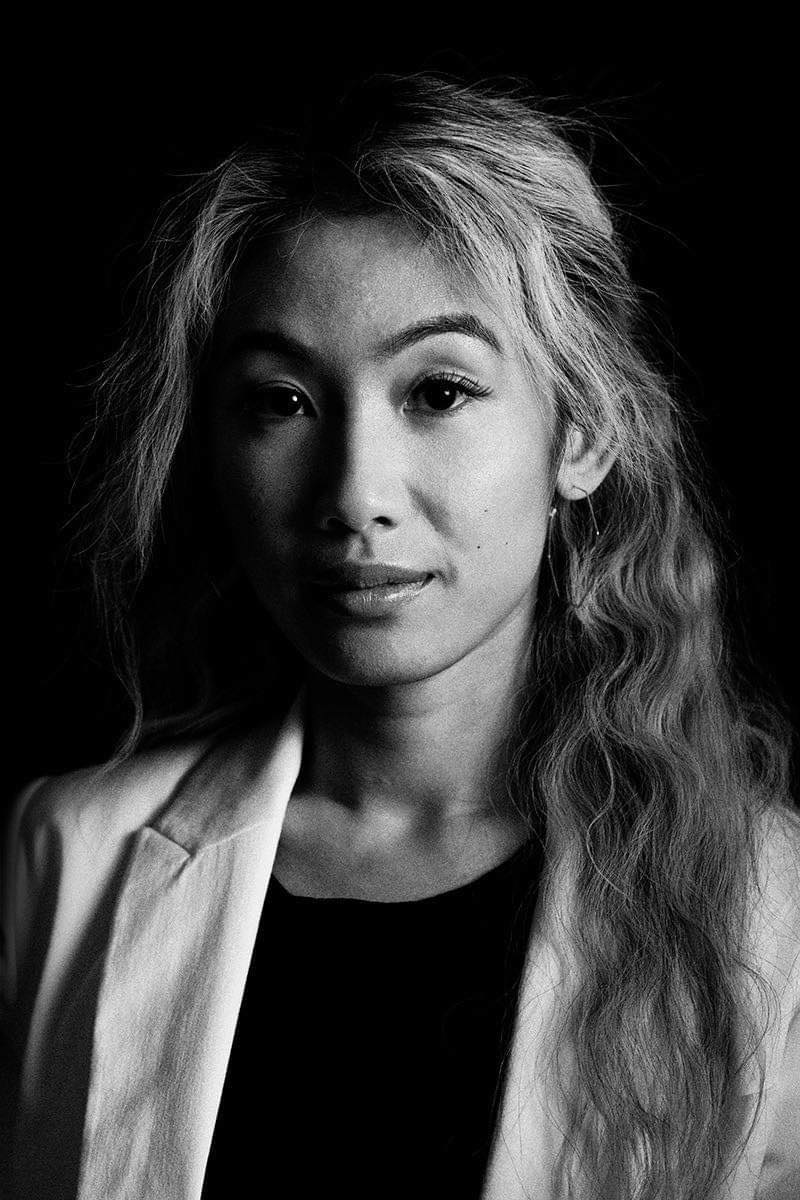
Viet Tran
A psychiatrist by profession, Viet Tran is the founder and editor in chief of Sticky Rice Magazine, a non-profit organization and digital magazine founded in Montreal, aiming to contribute to a more authentic representativeness of Asian people in the media and promote creativity in Asian communities.
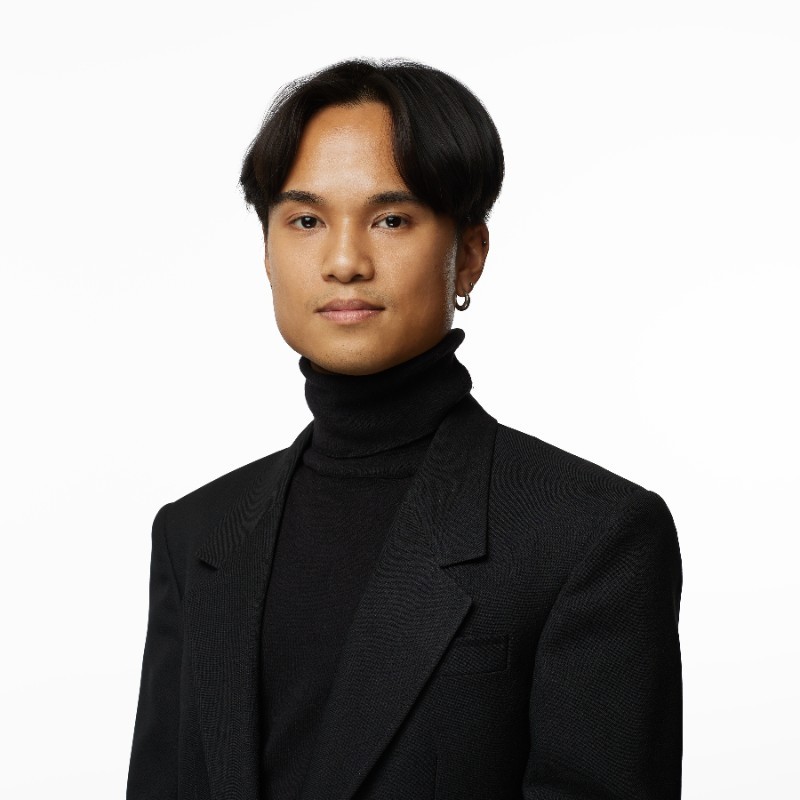
Rahul Varma
Born in India, Rahul is a playwright and artistic director of Teesri Duniya Theatre, which he co-founded in 1981. In 1998, with Kapil Bawa, he co-founded the theatre quarterly alt.theatre: cultural diversity and the stage where many of his articles have appeared. He writes both in Hindi and English, a language he acquired as an adult. His recent plays are Land Where the Trees Talk, No Man’s Land, Trading Injuries (radio drama), Counter Offence, Bhopal, Truth and Treason, and State of Denial. Unproduced new works include My Father Would Have Killed Me (2020), Dad’s New Wife (2019), and Merchant of God (in-progress). His plays have been translated into French, Italian, Hindi, and Punjabi. Rahul received a Lifetime Honorary Membership Award from the Canadian Association for Theatre Research (2020) and the METAs’ (Montreal English Theatre Awards) Equity, Diversity and Inclusion Award (2018). He is a recipient of the Special Juror’s Award from the Quebec Drama Federation, the award for promoting interculturalism by Montreal English Critic’s Circle, and the South Asian Theatre Festival Award 2012.
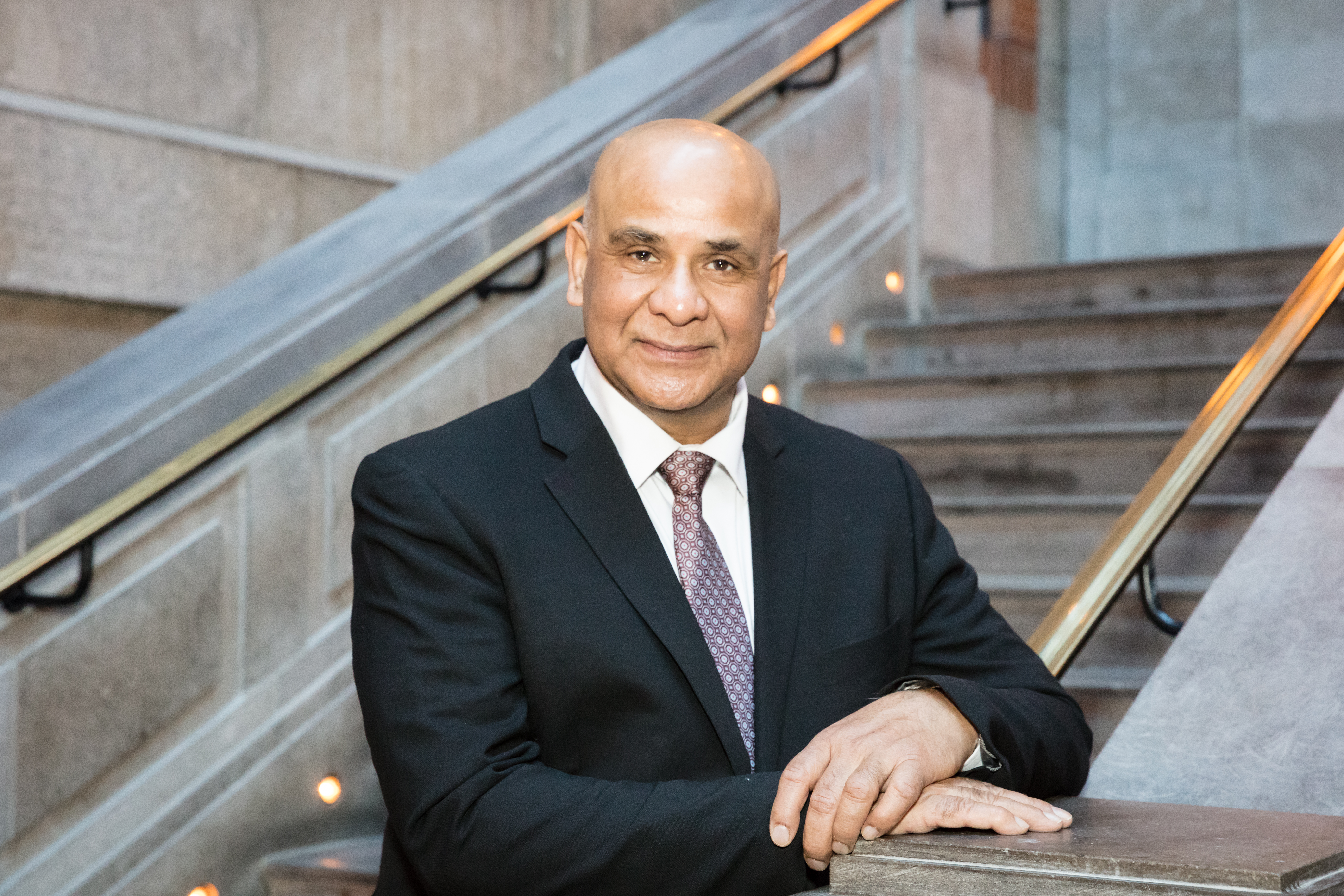
Laëtitia Vu
Raised at the crossroads of her Vietnamese and Quebecois identities, Laëtitia has long been on a quest to link her different heritages. Always driven by her desire to defend democracy and diversity, she brings her voice to the battles against racism and neo-colonialism, working to raise awareness of these issues. With a long-standing interest in human rights and international relations, Laëtitia holds a Bachelor’s degree in International Studies. Today, at the age of 22, she is pursuing a Master’s degree in Public and International Affairs at the Université de Montréal.
The importance she attaches to social innovation processes has taken concrete form over the past three years in her involvement with Katalizo, an international cooperation NGO. She is the assistant director of Katalizo, and is mainly involved in transnational spaces of citizen mobilization. She also worked for almost a year with the Ministère des Relations internationals et de la Francophonie on the fields of multilateral relations and international Francophonie, and was a member of the steering committee for the Institut du Nouveau Monde’s youth initiative on Vivre Ensemble.
Sport also plays a central role in her commitment, not only as a competitive athlete and coach of artistic swimming and pole dancing, but also as founder of the Committee for Integrity and Diversity in Artistic Swimming, and member of the Commission pour un sport sain et sécuritaire of Natation Artistique Québec.

Diamond Yao
Diamond is an independent journalist who covers contemporary social and environmental issues. Born from Shanghainese parents in Montreal/Tio’tia:ke, she aims to give a voice to silenced stories as well as marginalized perspectives in the public sphere. Most of her work addresses themes like intersectionality, diaspora, sustainable development and social justice. Her articles have been published in multiple media outlets, such as Toronto Star, CBC, The Canadian Encyclopedia, and La Converse.
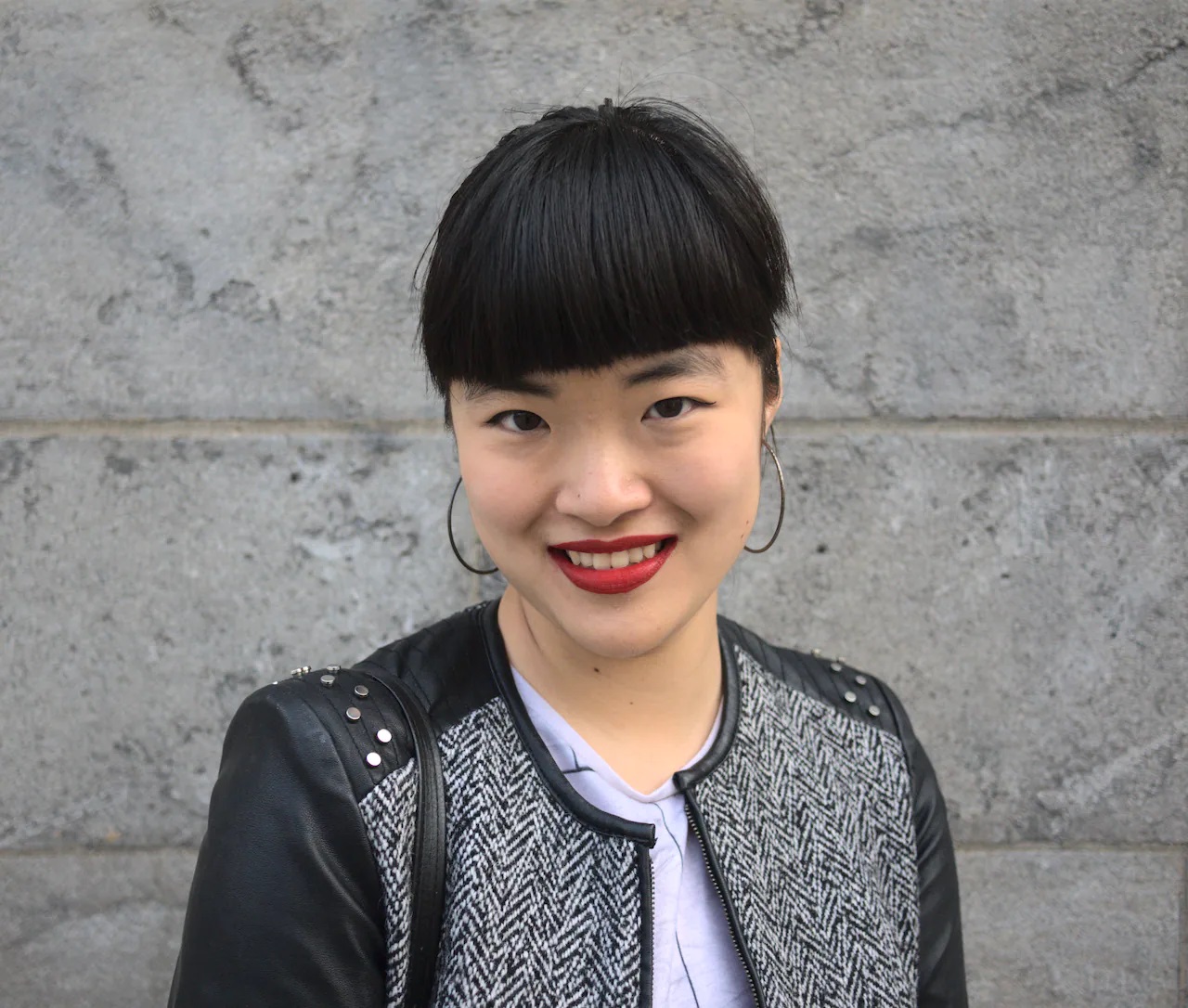
Rebecca Ng
Rebecca Ng is a second-generation Chinese Canadian. After dropping out of Concordia University’s animation program, Rebecca went on to work on productions such as Ville Neuve, Green Eggs and Ham, and Zamzoom. She now runs a bubble tea store in Montreal.
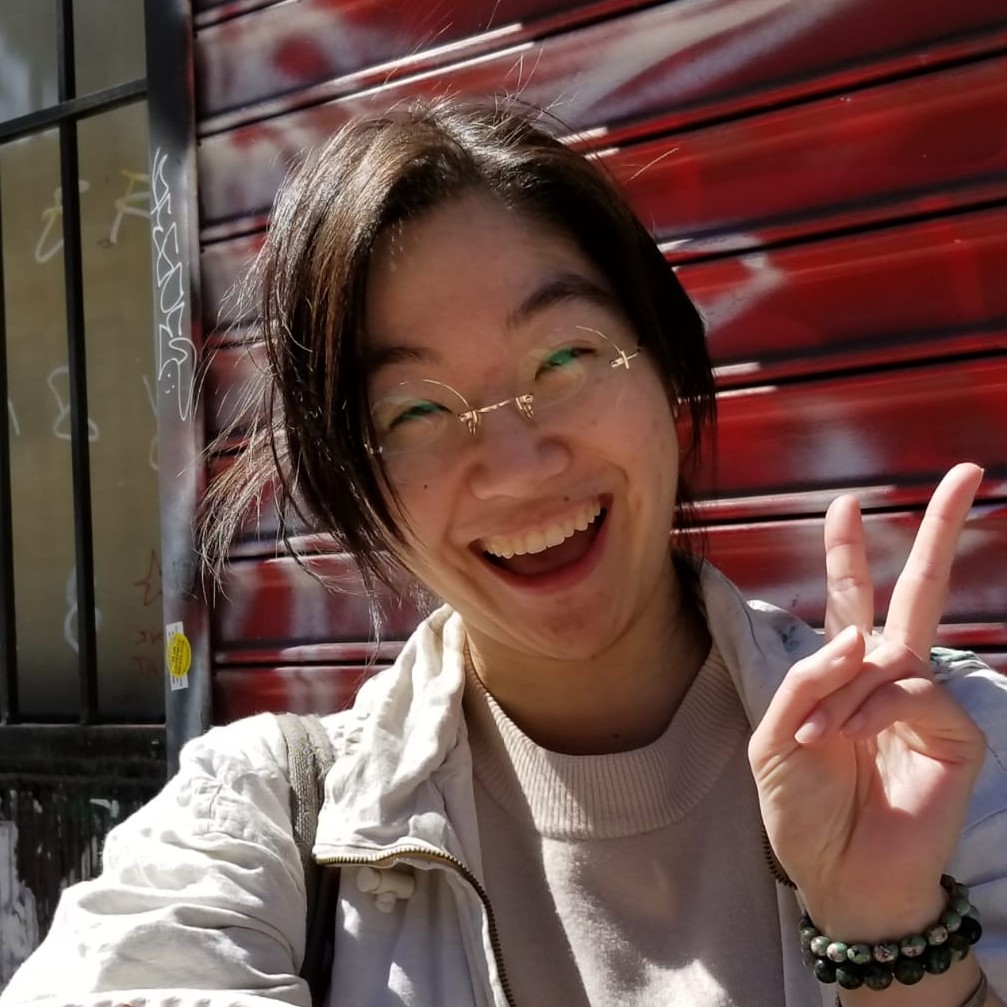
Medias
Contact
If you have a question about this edition or any future editions of Let’s confront racism together!, don’t hesitate to write to us at the following address: [email protected].
With
Rémy Chhen – Researcher and co-founder of the Super Boat People Collective
Parker Mah – Community worker
Himmat Singh Shinhat – Multidisciplinary artist
May Chiu – Lawyer specialized in family law and mediator
André-Anne Côté – Anthropologist
Melissa Girvan – Singer and songwriter
Ky Vy Le Duc – Video director
Zab Maboungou – Dancer, choreographer and director of Compagnie Danse Nyata Nyata
Taïna Mueth – Co-founder of I am Montreal and artist
Rebecca Ng
Laura Nhem – Host and co-creator of the Imperfect Asian podcast
Fo Niemi – Executive director of the Centre for Research-Action on Race Relations (CRARR)
Joaquina Pires – Social development consultant and community activist
Justice Rutikara – Filmmaker
Julie Tran – Administrator of the Groupe d’entraide contre le racisme envers les Asiatiques
Viet Tran – Founder and editor in chief of Sticky Rice Magazine
Rahul Varma – Artistic director of the Teesri Duniya Theatre
Laëtitia Vu – International relations consultant for the ministère des Relations internationales et de la Francophonie du Québec (MRIF)
Diamond Yao – Journalist
